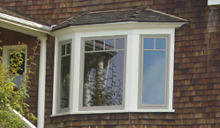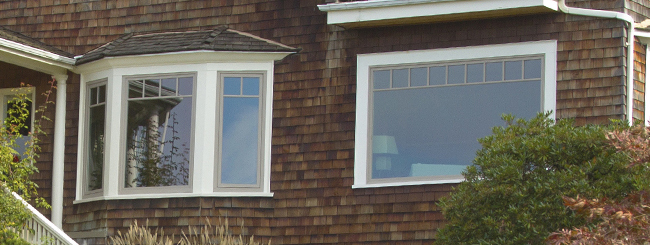Setting the Standard for Glass Window Repair and Repalcement
Storefront Window Repair, Commercial Window Repalcement, Home Window Replacement
Home Window Buying Guide
Monday, March 30, 2015

Home Window Buying Guide
What can you expect when buying windows for your home or business?
When it comes to buying windows for your home, the choices and indeed the whole process can be completely nerve wracking. Everyone seems to have an opinion, and meanwhile if you are like most people in the world you are paralyzed by the thought of “but what if I get the windows and they are not as good as I have come to expect?” It can be very useful to have a home window buying guide to help you work through the factors you are not familiar with and make the best choice for your own personal home windows.

These measurements can help you understand how energy efficient a window is that you are looking at and exactly what it is good at doing. Happy shopping!